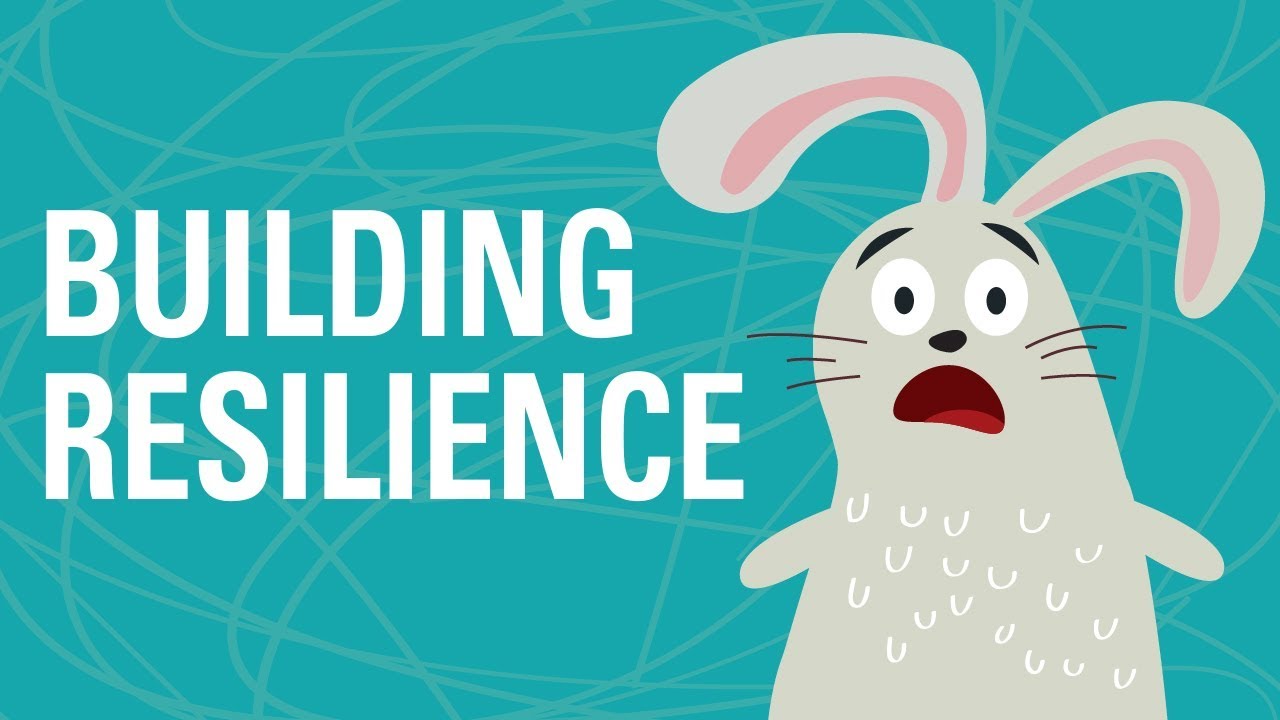Life as we know it has changed almost completely in the last couple of years. As we hop from one crisis to another with what seems like a never-ending pandemic in the background, dramatic changes have taken place for almost all of us both in our personal and public lives.
Economic uncertainly, turmoil and personal traumas all require resilience and that too in bucketfuls. Whether you’re going through illness, the loss of a loved one, the loss of a career or just painful loneliness from being isolated so long during Covid-19, resilience isn’t something that happens automatically, it is a habit that needs to be cultivated.
Resilience is having the ability to adapt well to adversity, trauma, tragedy, threats, or even significant sources of stress.
Nothing is permanent.
Scientific data shows that people often overrate their grief or pain believing it will last forever. People who are optimistic (and therefore have more resilience) see the effects of bad events as temporary rather than permanent.
Our aversion to difficulty and struggle is so entrenched in our daily lives when in fact the ability to overcome it and know somewhere in the back of our minds that it isn’t permanent will actually help us face the adversity.
It’s important to understand that resilience doesn’t happen by feeling good all the time but in fact, occurs as one gets better at not resisting feeling bad.
Accept the situation
Change is inevitable. For example, you can’t control the virus or the social changes that occur around you because of it. Griping about these events serves no purpose other than to deplete your energy.
Accepting it on the other hand gives you a chance to start dealing with it and making contingency plans and putting your time and effort to good use.
Focus on the things you can control
In the face of difficult times, focus on what you can control; take care of your physical health, get proper nutrition, enough sleep and exercise, if these are part of the challenges due to ill health then take care of the aspects that can be taken of.
Do what you need to do to help your body manage the stress whether it’s a spiritual practice, writing in your journal or meditating. Avoid negative outlets like drugs, alcohol or other substances.
Edit your outlook
Change the way you think about negative situations and bad events. One suggestion is adopting the Stoic method which is to prepare for the worst outwardly but anticipate that you will be able to cope with it.
To quote Marcus Aurelius, who ruled at the height of the Roman Empire, “When you wake up in the morning, tell yourself: The people I will deal with today will be meddling, ungrateful, arrogant, dishonest, jealous and surly.
This basically means that if you are mentally prepared for the worst any other outcome would then be a pleasant surprise.
Think positively of yourself
Building your self worth and self esteem. A confident person has full faith that they are going to succeed eventually whatever the current setback may be.
They are able to maintain the perspective that although the situation or crisis may seem overwhelming at the moment, it isn’t a long term thing.
Practice Self-Compassion
Remember its ok not to be ok. Be kind to yourself. Learn from your mistakes and failures. Every mistake has a silver lining in that there is a lesson to be learned.
There is such a thing as post-traumatic growth where people who come out of a crisis like a job loss, divorce or illness with the ability to make huge positive changes to their lives, despite the fact that it was a painful journey and this in no way undermines their journey or pain but is simply a by-product of it.
Resilience gives us the ability to stay focused, flexible and productive in difficult as well as pleasant times, having an equilibrium of sorts.
It also allows us to manage strong emotions like anger and fear and improves our communication skills under intense pressure.
Accept your emotions
We have a tendency to ignore or push aside bad feelings but unpleasant emotions should be processed so that they aren’t bottled up causing explosions in other areas of our lives.
It’s best to acknowledge these emotions and try and deal with them as best you can, slowly allowing yourself to move on with the passage of time.
No man is an island
Reach out to friends and family, connection helps us conquer tough times, eases stress and improves our mood. It also helps us get another perspective and process our emotions better thereby creating strength and resilience not just from ourselves but from having someone to lean on and this could be just having someone to listen and understand.
So resist the temptation to retreat into your own cave because you fear being a burden to others or imposing on others. Try instead to keep up with your routine and social activities even if initially you may not feel inclined to do so.
The post Building resilience in difficult times appeared first on The Independent News.

